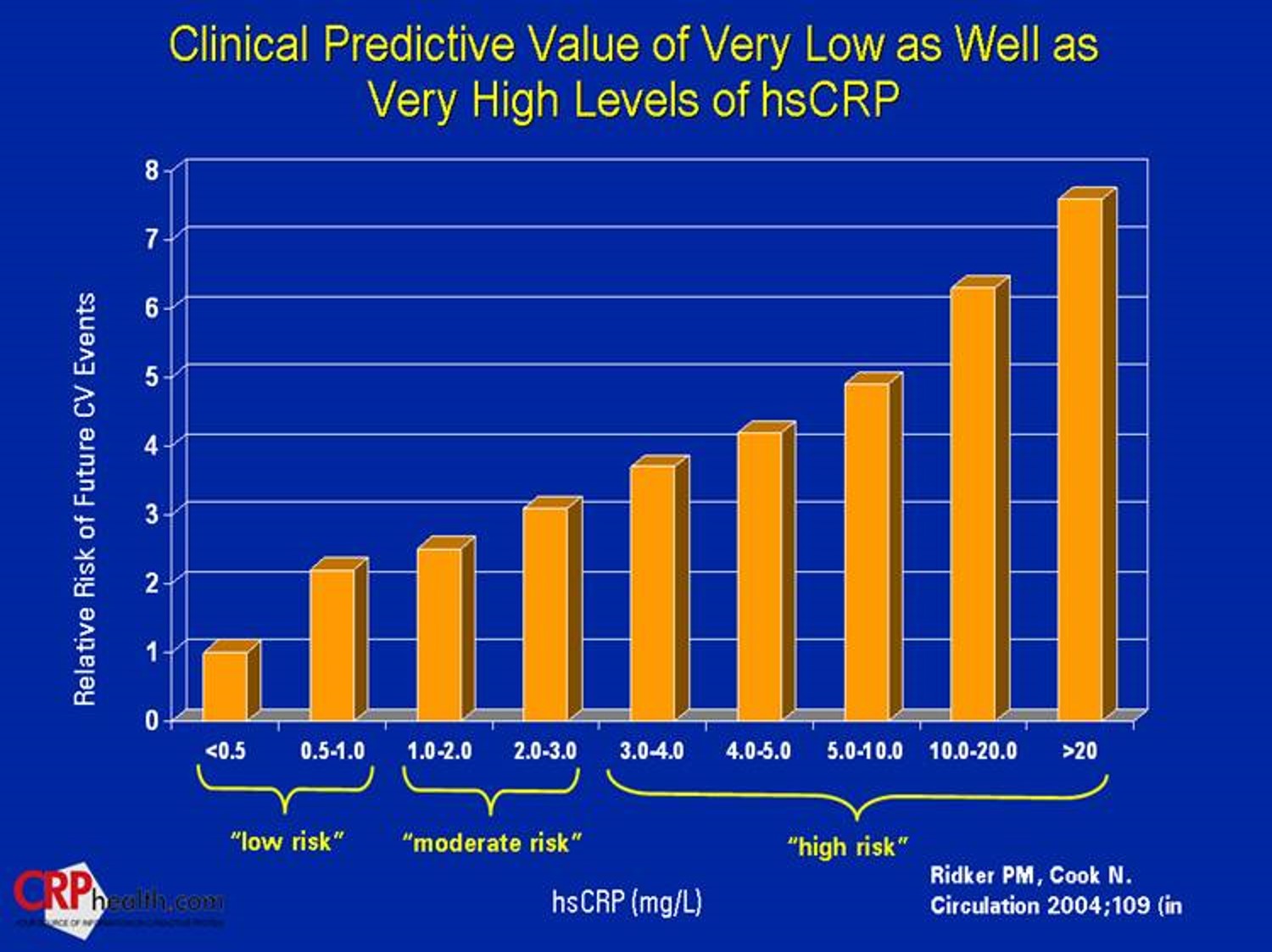Linking Inflammation to Heart Disease, Stroke, Cancer, and other Serious Diseases
By Marcus Gitterle, MD
The Transformation of Scientific Understanding: An early indication of gum disease is the transition of gums from a healthy pink to an inflamed red. Recent scientific investigations have revealed that systemic inflammation is intricately associated with a spectrum of diseases, encompassing cardiovascular conditions, stroke, pulmonary disorders, various malignancies, Alzheimer’s disease, and beyond.
Gum Disease and Its Inflammatory Role: Gum disease, recognized as an inflammatory disorder, necessitates active intervention as it stands as a significant source of inflammation for many individuals. In response to inflammation, the liver synthesizes a crucial protein named C-Reactive Protein (CRP), which endeavors to combat the underlying issue and inadvertently triggers a cascade of physiological responses.
Unveiling the Inflammatory Implications: Among the most notable repercussions of heightened CRP levels is its pivotal link to cardiovascular disease. Remarkably, CRP surpasses low-density lipoprotein (LDL) cholesterol in predicting the propensity for heart attacks. While a CRP measurement below 1 mg/liter is deemed within the norm, values ranging from 2 to 3 can triple the risk of a heart attack, with elevated readings escalating the risk by up to seven and a half times.
Insights into Mechanisms and Consequences: Recent insights have elucidated the mechanistic underpinnings of how elevated CRP levels contribute to heart attacks. Elevated CRP interferes with the physiological process that guards against blood clot formation, heightening the likelihood of arterial blockages, which can precipitate abrupt heart attacks or strokes. In contrast, the accumulation of plaque due to high levels of LDL cholesterol in arteries typically provides gradual warning signs such as pain or weakness.
Beyond Cardiac Concerns: While the precise mechanisms remain less defined, statistical analyses reveal that individuals within the top 25% of CRP scores are 2.5 times more prone to developing colon cancer than their counterparts in the bottom 25%. Additionally, CRP is implicated in Alzheimer’s disease. Older adults in the highest one-third of CRP levels exhibit significantly greater cognitive decline compared to those in the lowest third.
The Imperative of CRP Monitoring: Clearly, monitoring your CRP value is essential. This measurement can be obtained as a standalone test, with the high-sensitivity CRP test proving especially valuable for assessing its association with heart disease. If CRP levels are elevated, determining and addressing the underlying causes become paramount in mitigating the risk.
Diverse Contributors to Elevated CRP: Apart from gum disease, various factors contribute to elevated CRP levels, including bodily infections like urinary tract infections, high blood pressure, smoking, lymphoma, and obesity. Given that periodontal disease is itself an inflammatory condition capable of raising CRP levels, routine CRP testing is advisable for patients diagnosed with periodontal disease. The Meditz Method pioneers a groundbreaking protocol for diagnosing and treating periodontal disease and its systemic impact on overall health that includes A1c and Crp testing.
Pioneering an Integrative Approach: Nationwide, centers adopting our distinctive periodontal protocol have demonstrated the capacity to swiftly diminish periodontal inflammation, consequently significantly lowering CRP levels to non-harmful ranges in nearly all cases, barring any additional systemic contributors.
Collaboration for Holistic Health: In instances where CRP levels remain high despite attaining periodontal health, collaborative efforts with physicians are undertaken to comprehensively review and monitor results, ensuring the absence of underlying concerns.
A Paradigm Shift Towards Holistic Solutions: Historically, medical practice focused on diagnosing ailments and prescribing surgical or pharmacological interventions. The newfound realization of the interplay between infection, inflammation, and heart disease heralds a paradigm shift.
While pharmaceutical approaches await the development of CRP-reducing drugs to mitigate heart attack risk, it’s important to note that a solely drug-based strategy may prove costly and unnecessarily risky. Ideally, addressing the root cause of inflammation should take precedence. The Meditz Method involves eradicating periodontal inflammation as a potential contributor, thus eliminating one avenue of elevated CRP.
Research links:
C-Reactive protein, a sensitive marker of inflammation, predicts future risk of coronary heart disease in initially healthy middle-
aged men, Koenig et al, Circulation. 1999;99:237-242.
Effect of treating Periodontitis on C-reactive protein levels: a
pilot study, BMC Infectious Diseases
Joint Effects of C-Reactive Protein and Glycated Hemoglobin
in Predicting Future Cardiovascular Events of PatientsWith
Advanced Atherosclerosis, Schillinger et al Circulation.
2003;108:2323. https://scholar.google.com/scholar?q=Joint+Effects+of+C-Reactive+Protein+and+Glycated+Hemoglobin+in+Predicting+Future+Cardiovascular+Events+of+PatientsWith+Advanced+Atherosclerosis&hl=en&as_sdt=0&as_vis=1&oi=scholart




Leave A Comment
You must be logged in to post a comment.